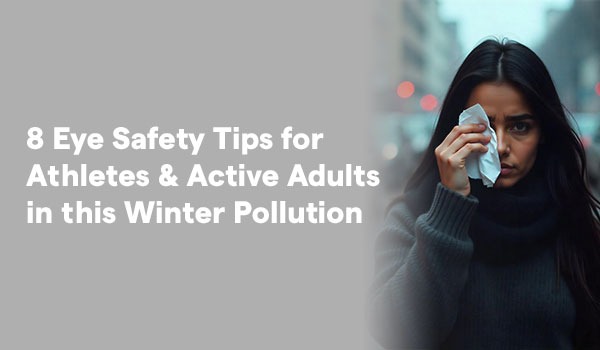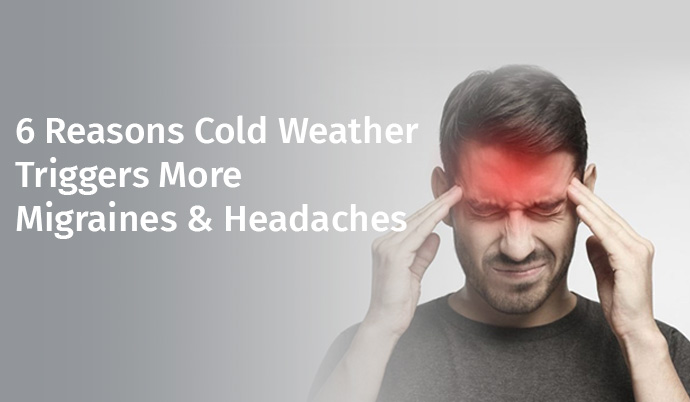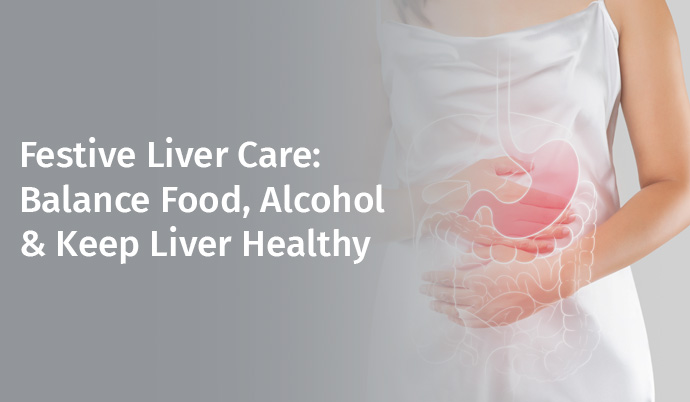
Specifically, modern athletes and active adults should take some measures to protect their eyes during these months. Following are the eight truly crucial recommendations on eye protection for athletes and physically active individuals during this winter season amidst the pollution.
Pollution, smog, and other environmental phenomena are a great reminder of why proper protection is required during sports activities and other similar occasions during winter. Spectacles for the face include goggles, safety glasses, and sports glasses which when worn will protect the eyes from impacts from flying particles, snow, ice, and harsh winds. Nowadays, it is highly recommended that athletes need to wear proper protection for their eyes, which is why they should use the appropriate sports glasses.
When the weather is chilly it is equally bad for the eyes because the air is dry and cold, which can lead to eye irritation and other eye-related problems, rubbing your eyes aggravates these conditions and may even lead to an injury; especially when wearing contact lenses or any eyewear. If your eyes are getting tired or red, then put artificial tears or lubricant eye drops to ease the dryness.
Athletes should also be aware that the body needs water to function properly and that healthy eyes require a healthy body. Individuals must make sure that they drink plenty of water during the day, perhaps individuals can use a refillable water flask when they are out in activities like hiking, etc. Irritation can be associated with dehydrated skin, therefore it is advisable to take fluids often as suggested by the specialists from the best ophthalmology hospital in Delhi.
Some individuals might think that sunglasses are meant to be used during sunny weather but they are just as useful when doing snow activities and sports. It has been exhibited that sun radiation can cause temporary blindness and harm to the eyes due to reflection on the snow. Therefore, it is advisable to use proper sunglasses in winter too.
Air pollution is constant throughout the year, however, it is worse during the winters because of the conditions such as the burning of wood to enhance heat. Taking polluted air into your lungs can affect both your eyesight and the rest of your body, thus avoiding polluted air where possible should be the order of the day. Hence, individuals must exercise indoors when there is bad air quality or use less crowded trails and parks when cycling or jogging.
Given the current reality and situations, a large number of athletes, as well as other active individuals, are plunged into the screen leading to overstress on the eyes. Hence, the digital eye strain should be prevented, and the best technique to follow when using devices is otherwise known as the 20-20-20 rule. Stare at an object that is located 20 feet away for not less than 20 minutes every 20 minutes to avoid eye strain. Furthermore, set up blue light-reducing glasses or covers to mitigate the effects of blue light coming from the devices.
When riding on ski or snowboarding, proper fitting of goggles that have a tight hold around your forehead is recommended to shield your eyes from strong winter conditions. Make sure that your goggles are tightly sealed around your face yet flexible enough to serve you for many hours. It may be a good idea to either get prescription goggles or goggles that have lenses that can be changed to suit the lighting conditions of the race.
Daily vision checks are important for people’s vision, particularly, if they play sports or stay outdoors a lot. You can make an appointment to see an eye doctor at least once a year for a comprehensive eye examination and referral for lenses in case of any general eye dilemma or precaution.
Hence, the athletes must protect their eyes in the winter season from the consequences of winter pollution. With these eight basic recommendations, individuals will be able to safeguard their eyes, preserve their vision, and continue outdoor practices during the cold winter season. Do not forget to protect your eyes when working, playing sports, hiking, or during any other activity – your eyes are very delicate and sensitive hence, one must not take them for granted. Winter season is here therefore let’s ensure the athletes are safe, healthy, and most of all conscious about eye safety. To learn more about proper diagnostic care and treatment-related eye safety book an appointment at Sir Ganga Ram Hospital today.




